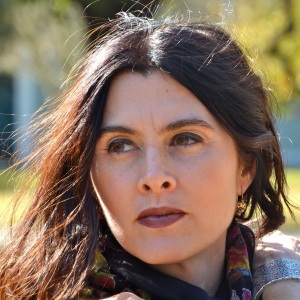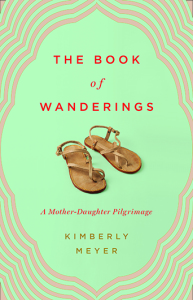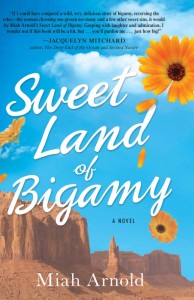“Getting Undammed” by Paige Hassall: Inprint workshop participants write micro essays after the storm
September 10, 2017, by Inprint Staff
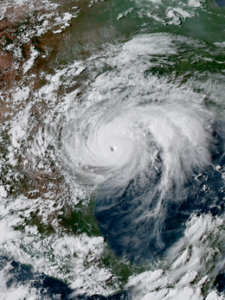 Cait Weiss Orcutt teaches Inprint’s Personal Essay Workshop which started on the afternoon of Wednesday, September 6. Her work has been published or is forthcoming in Boston Review, Chautauqua, FIELD, Tupelo Quarterly & more. She is founder of the Writers Guild Community Creative Writing Workshops in Columbus, Ohio, Editorial Advisory Board Member of Mad River’s Slash Prize, and Online Editor of The Journal. A recipient of an Inprint C. Glenn Cambor/MD Anderson Foundation Fellowship, she is a graduate student at the University of Houston Creative Writing Program. Here Cait talks about the first workshop gathering.
Cait Weiss Orcutt teaches Inprint’s Personal Essay Workshop which started on the afternoon of Wednesday, September 6. Her work has been published or is forthcoming in Boston Review, Chautauqua, FIELD, Tupelo Quarterly & more. She is founder of the Writers Guild Community Creative Writing Workshops in Columbus, Ohio, Editorial Advisory Board Member of Mad River’s Slash Prize, and Online Editor of The Journal. A recipient of an Inprint C. Glenn Cambor/MD Anderson Foundation Fellowship, she is a graduate student at the University of Houston Creative Writing Program. Here Cait talks about the first workshop gathering.
Cait Weiss Orcutt: This past week, our Personal Essay workshop met for the first time. I had come to class planning to talk craft—what is Creative Non Fiction, for instance, and what (or who) makes “fact” fact? Instead, it quickly became apparent that, while the sky outside was clear and blue, the class was still caught in the storm.
And why shouldn’t they have been? Why should we force ourselves to pretend we’re okay? If writing is about honesty, why lie about what is really weighing down our thoughts, troubling our dreams and hurting our hearts. An enormous, historic disruption occurred—and for many, if not all of us here in Houston and beyond, the recovery effort contains its own disruption, grief and trauma. How can we write anything “personal” without sharing what we’re going through? Continue reading



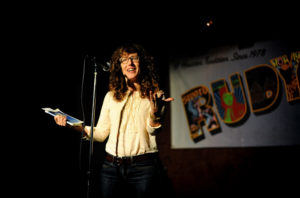 Last month, Susan Briante visited Houston as featured guest of the
Last month, Susan Briante visited Houston as featured guest of the 